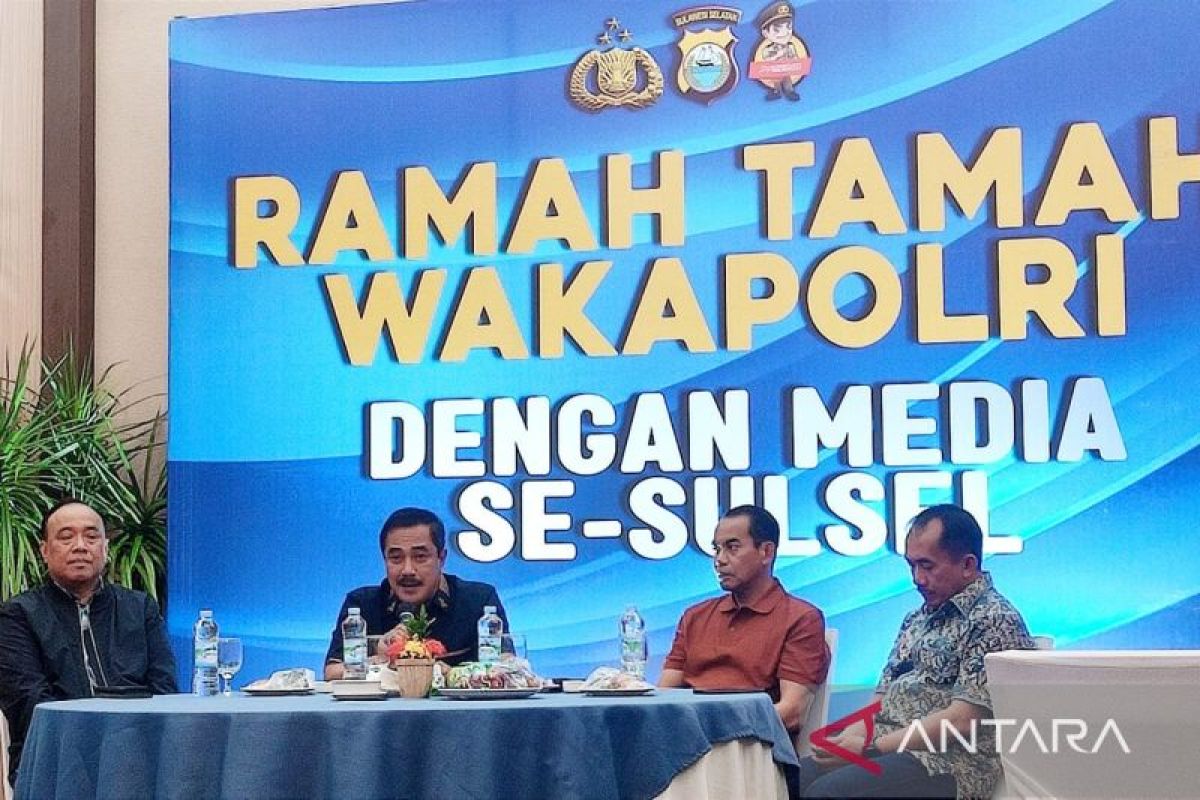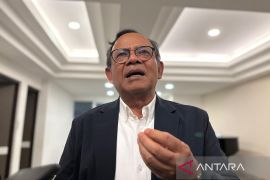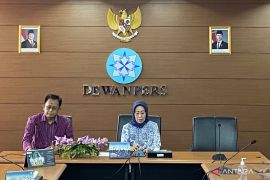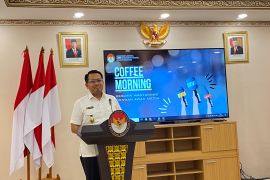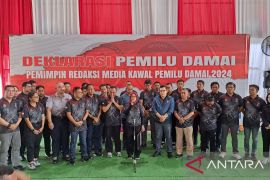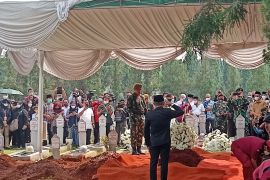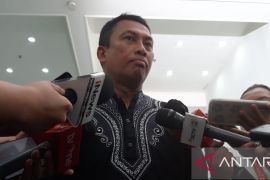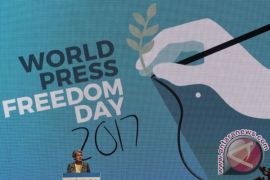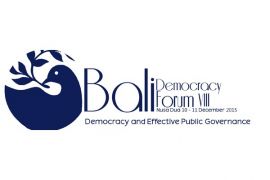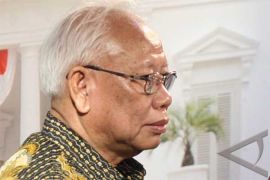"In cases where it is rightful news and not slanders, the journalists cannot be processed (legally)," he stated at a media gathering here on Wednesday.
Andrianto noted that this is in line with the memorandum of understanding (MoU) between the National Police and Press Council that has been updated.
Andrianto ensured that his side will comply with the agreements on news circulation, as long as they are legitimate journalistic products recognized by the Press Council.
He explained that press dispute cases being handled by the Makassar City Police by using the ITE Law could be processed after going through the Press Council mechanism and provisions in the Law No.40 of 1999 concerning the Press.
Related news: Indonesian press communities urge police to not criminalize journalists
ITE crime victims must report to the authorities themselves, and they cannot be represented by others, he remarked.
"Law enforcement is the last step after clarification and mediation by several parties. If still stuck, whether the investigation will continue or not, will be decided later," Andrianto stated.
He told South Sulawesi Police Chief Inspector General Andi Rian R. Djajadi that the application of ITE Law must be very selective and only be carried out after mediation efforts.
"If there is not enough evidence, then the case cannot be continued. I believe Mr. Djajadi can solve this issue," he noted.
On the same occasion, Head of the Criminal Investigation Agency's Investigation Supervision Bureau, Brigadier General Iwan Kurniawan, stated that his side recently educated investigators in North Sumatra on ways to handle Press dispute cases.
"I believe the information could also be disseminated in South Sulawesi," he remarked.
Related news: All Indonesians urged to keep defending press freedom: press council
Translator: M Fatir, Kenzu
Editor: Yuni Arisandy Sinaga
Copyright © ANTARA 2024
